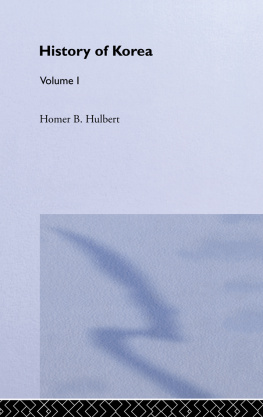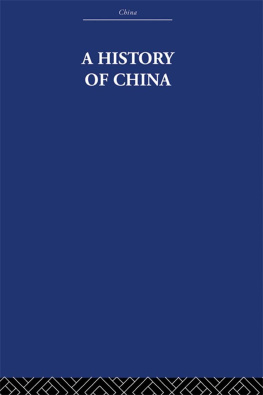THE
HISTORICAL CHILD
BY
OSCAR CHRISMAN, A.M., Ph.D.
Professor of Paidology and Psychology in the Ohio University
logo
BOSTON
RICHARD G. BADGER
THE GORHAM PRESS
Copyright, 1920, by Richard G. Badger
All Rights Reserved
Made in the United States of America
The Gorham Press, Boston, U. S. A.
PREFACE
In the Pedagogical Seminary for December, 1893, in an article on "The Hearing of Children," the last paragraph, page 438, occurred for the first time in print the word paidology. In The Forum for February, 1894, page 728, the first article explanatory of paidology appeared. A more complete outlining of the subject was as a doctor's dissertation at the University of Jena, Germany, 1896. In the first edition of the Standard Dictionary was included the word paidology, wherein it was defined as "The scientific study of the child." Paidology originated in my mind at a very unexpected moment one day in April, 1893.
This book is the first of a series that it is my purpose to write upon child life. The others will follow from time to time upon the different phases of child being. This book and the others it is hoped may appear are the outcome of several years of study and of teaching the subject to young men and women, which has proved to me that people are eager to know about children in the past as well as in the present. He who wishes to acquaint himself with children and child nature must have a knowledge of child life as it existed among the various nations of the world. The child as found in Ancient Mexico and Ancient Peru is given place here because the life and doings of these peoples have always been attractive reading to me, and also it is well to consider child life in these nations who reached such a high stage of existence among the lower forms of human society and so far removed from the civilizations of Asia and Europe. It is hoped there is value in this work to the student of child nature and that young people may find it interesting and profitable.
It will be noted that there are topics of a general nature given in this work, which purports to be a study of child life. When it is considered that the affairs of a nation affect every class and age of the persons constituting it and especially react upon women, the mothers, then it may be understood how vital these matters become in a study of child life among a people and how necessary they are for a better comprehension of what is directly connected with children. Too the term "child" is used here in a general sense, to include all ages up to full manhood.
It seems to me that everything done and studied in my whole life touches this science of the child and that every one with whom I have come in contact has aided me. It is wished here to express in a general way my thanks to these friends for their help. I must, though, mention by name a few who have more directly made this book possible. First of all is President G. Stanley Hall of Clark University, the great leader and pioneer in the study of children, with whom I spent two years and from whom I first obtained the right ideas of studying child life. Another is Professor Wilhelm Rein of the University of Jena, who kindly permitted me to use paidology as the subject for my doctor's thesis and extended the time for working on it, thus giving me opportunity for use of material at Berlin and when completed he endorsed the thesis, "Paidologie, Entwurf zu einer Wissenschaft des Kindes," to the Senate of his University. A third one to whom I am greatly indebted is Professor Rudolph Eucken of the University of Jena, whose lectures listened to for a year gave me a broader view of life and the sympathy he expressed for myself and work were of the utmost encouragement and too at a time when well needed. I owe much to Prof. Dr. W. Preyer of the University of Berlin, now deceased, who wrote me encouragingly of my work before my going to Germany and while there he talked over matters with me and went over the thesis when completed and had faith in the idea I was promulgating, new at that time, that the study of the child is a science in and of itself and for which I had originated the term paidology, and he advised and encouraged me to make it my life study.
I must take this opportunity to express gratitude to my wife who so willingly gave up the many things which are so dear to a woman and a mother that there might be acquired by myself the very best education the world could give and so make possible the coming forth of paidology and all it may contain.
O. C.
The Ohio University.





